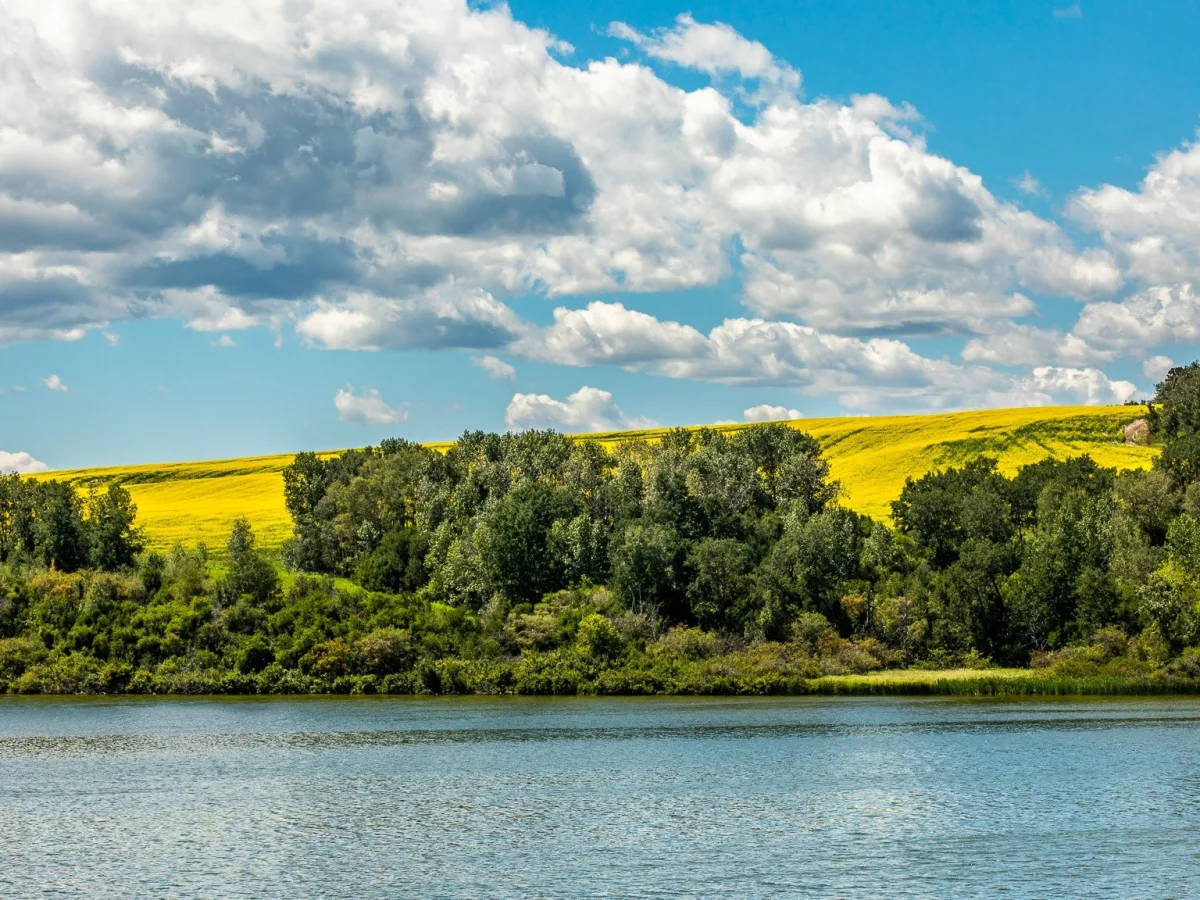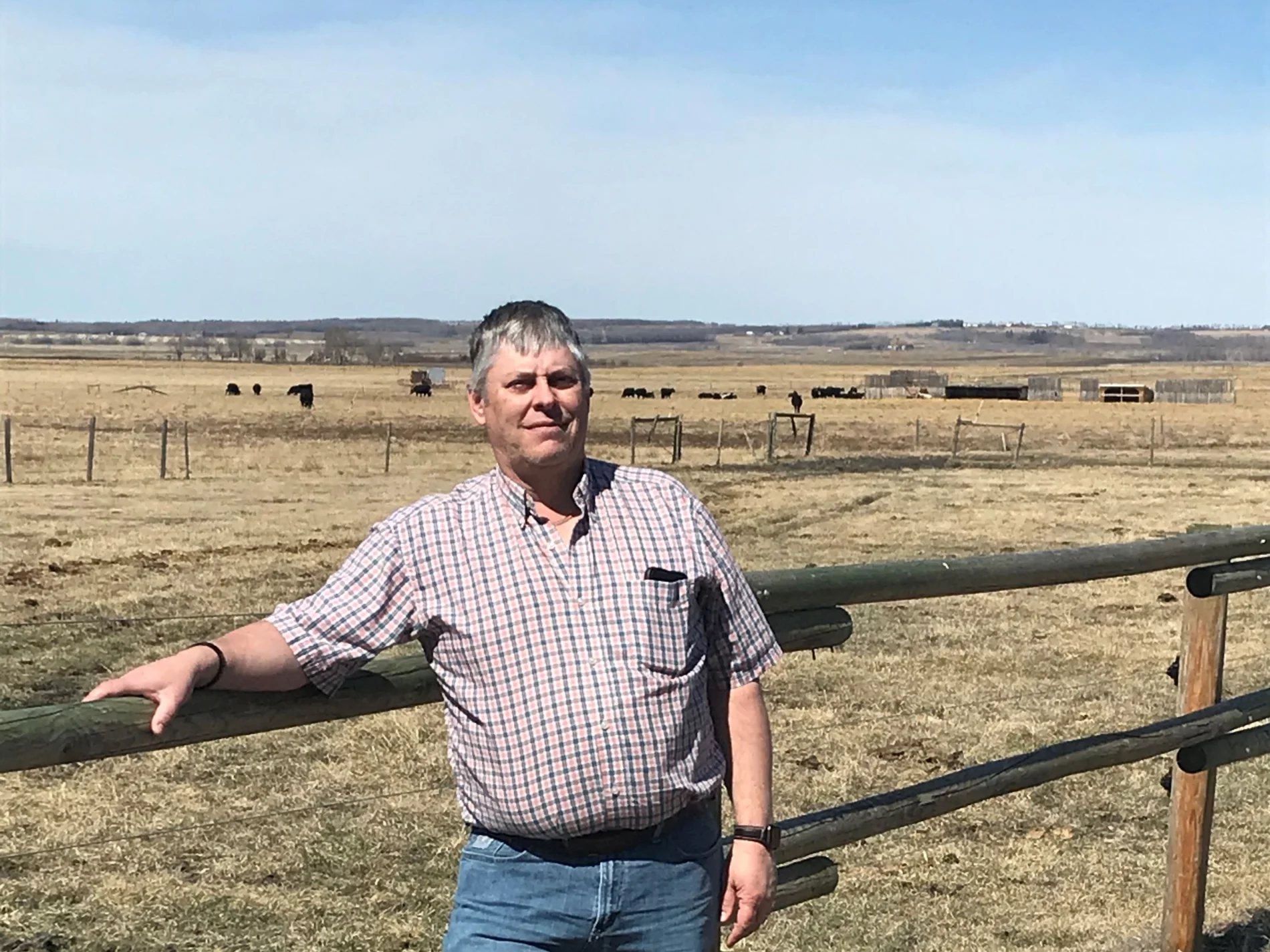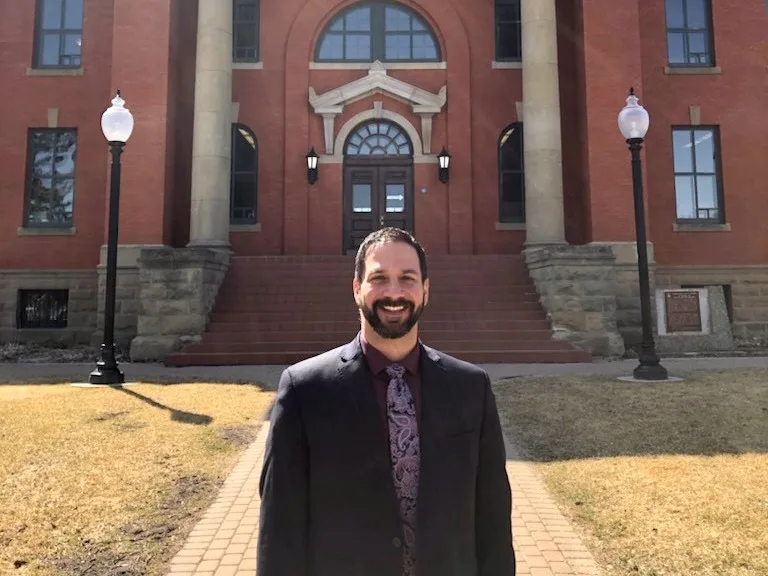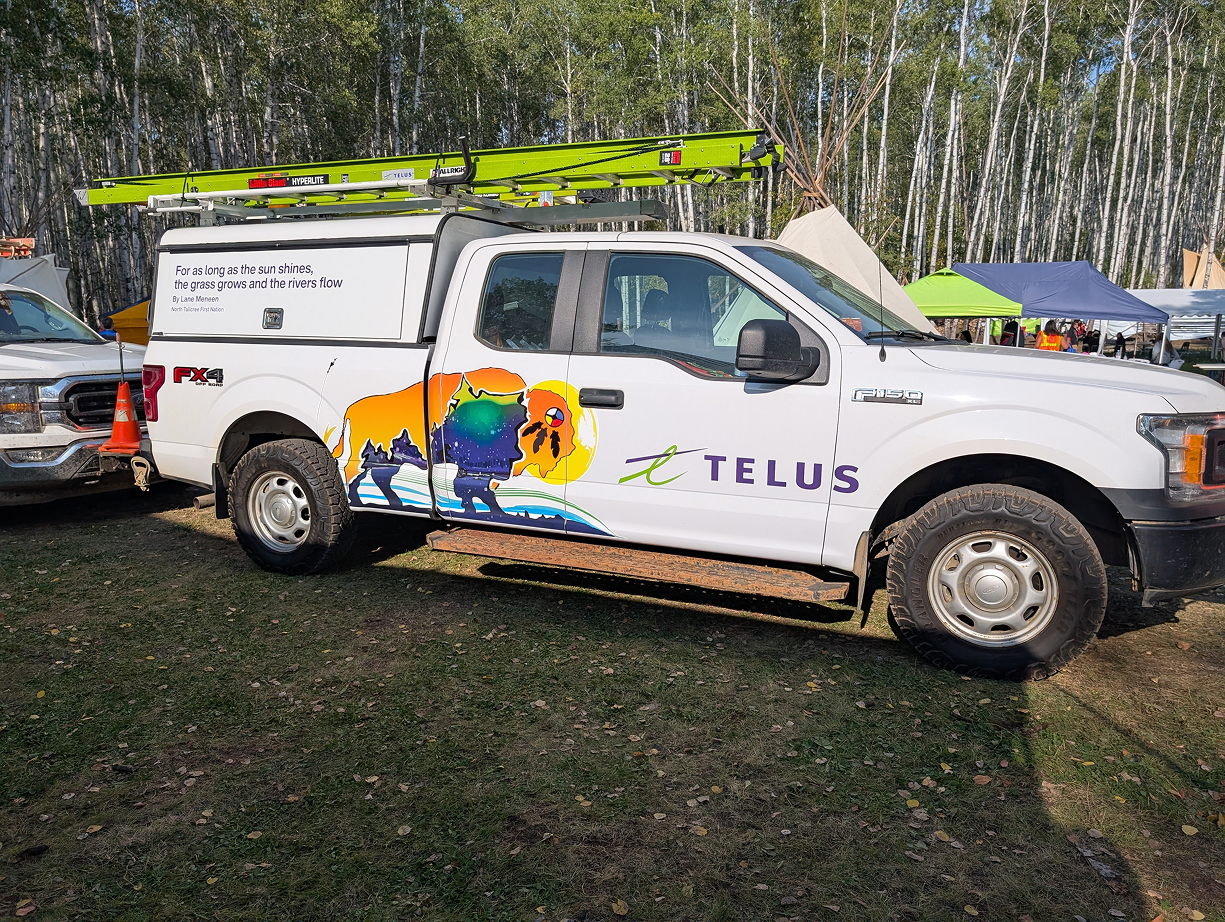
Connecting Canada
Connection critical as Alberta towns, cities look to future
Jun 22, 2021
(Above) The ample green space and tight-knight community found in Alix, Alberta (pictured) is a big draw to locals and visitors. The recent addition of high-speed internet means the village can now start investing and planning for a bright future beyond COVID-19. PHOTO BY NEIL ZELLER PHOTOGRAPHY
Rob Fehr is a small town kind of guy, and he wouldn’t have it any other way. Having grown up on a farm in Saskatchewan, the ample green space and tight-knit community found in Alix, Alberta immediately felt like home. It’s why he, his wife Terry, and their children first moved to the village outside of Red Deer in 2005, and what has kept them there ever since.
There was only one thing missing.
As Alix’s mayor, Fehr knows that a fast, dependable network is key to a growing community.
"Connectivity is critical,” he says. “It's planning for the future, investing, and moving forward."

Rob Fehr, Mayor of Alix, AB
The recent addition of high-speed internet to Alix is the last piece of the puzzle. TELUS recently upgraded the village’s network infrastructure — part of a $51-billion investment since 2000 by the tech company to expand and enhance connectivity in Alberta.
The company has committed a further $14.5 billion in infrastructure and operations across the province through 2024 to further support businesses and residents through the pandemic and beyond as focus turns to rebuilding the economy post-COVID. In addition, TELUS will connect another 500,000 Albertan households and businesses to its gigabit-enabled
PureFibre
network and bring blistering-fast 5G
wireless connectivity to more than 150 communities across the province by the end of the year. Government policies have made the digital divide in Canada worse, leaving some rural Canadians without optimal internet. You can help change that.
Crucial lifeline
Network upgrades, like the one completed in Alix, have proven to be a crucial lifeline to many communities throughout the pandemic, supporting the millions of Albertans forced to pivot to working, studying, and staying connected to loved ones from home. In 2020, in response to COVID-19, TELUS fast-tracked capital investments totalling $3.5 billion, bringing high-speed internet and TV to 30 rural communities, and ensuring more Albertans have the network connectivity they needed to adapt to new ways of living and working.
The timing could not have been better.
“The pandemic has proven that not only can you work from home, but you can also be productive from home — if you have good internet,” says Ralph Leriger, mayor of Westlock, an agricultural town of just over 5,000 people located north of Edmonton.
Leriger says the TELUS upgrades — installing next-generation PureFibre to some 2,200 homes and businesses in town — meant the entire community had the ability to easily pivot to working from home using VPN and internet-enabled phone calls, which would have been nearly impossible without the improvements.

Ralph Leriger, Mayor of Westlock, AB
Throughout the pandemic, the PureFibre network, which offers virtually unlimited data capacity, has provided residents with a way to connect with friends and family easily and safely — no dropped calls or frozen videos. Critically, it also enabled online learning, even with multiple students on devices in the same household.
In addition, as a regional healthcare hub that is a destination for those needing hip and knee replacement surgeries, the vastly improved network has made a huge difference to the hospital and medical clinics by enabling faster diagnostics, the use of Electronic Medical Records (EMR), high-speed video connections, and electronic prescriptions.
Westlock, which is slated to connect to the TELUS 5G network later this year, will also soon benefit from groundbreaking advancements in virtual health and education. With 5G, delivering speeds up 100 times faster in the future and virtually eliminating delays, residents will be able to tap cutting-edge technologies, including augmented and virtual reality tools, unfettered and secure video conferencing, and access the same top-notch doctors and specialists available to those in urban centres through remote surgery and medical monitoring.
“When we announced we’d be getting network upgrades, the medical community was one of the most excited,” says Leriger.
Moving forward
Critically, as Albertans cautiously look beyond COVID-19, high-speed networks will be a large part of the economy moving forward -- and that’s great news for small towns.
In Wetaskiwin, a city of 13,000 residents south of Edmonton, Mayor Tyler Gandam says with good connectivity comes the possibility of economic development. The city is pushing hard to attract new business to the community, bolstered by TELUS’ fibre upgrades. Like Westlock, Wetaskiwin will also connect to the fast-growing TELUS 5G network this fall.
“High-speed connectivity has become an amenity that a municipality must have,” says Gandam. “You don’t want those blips in service. A consistent, fast connection is a real advantage.”

Tyler Gandam, Mayor of Westaskiwin, AB
Leriger agrees. When companies are looking at potential locations, either to enter a market or bring a new product, they examine investment readiness: lots for sale, potential workforce, transportation. And they look at connectivity.
“If you can’t demonstrate great internet and connectivity, they can’t operate their businesses and they will look somewhere else,” he says.
With his small-town roots, Fehr appreciates on both a personal and professional level what network improvements have done for Alberta’s rural communities — and what it means going forward.
Business-wise, it’s a global market, with reliable, fast networks as the great equalizer, making it possible for more individuals and families like his own to live where they want, without losing out on the opportunities of a major metropolis.
“Connectivity,” he says, “will save small towns in the future.”
Explore similar articles

Help support rural Canadian connectivity
Better government policies are needed to help rural Canadians gain access to high speed internet.
Speak up

